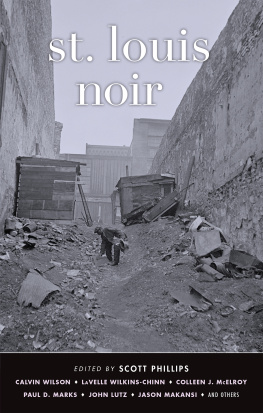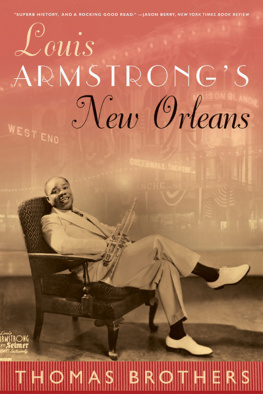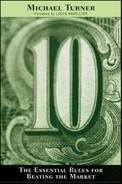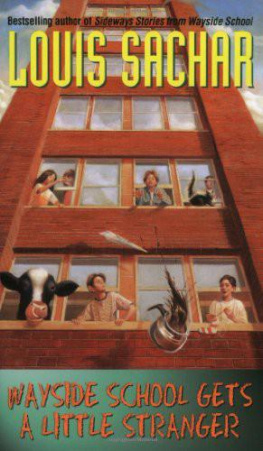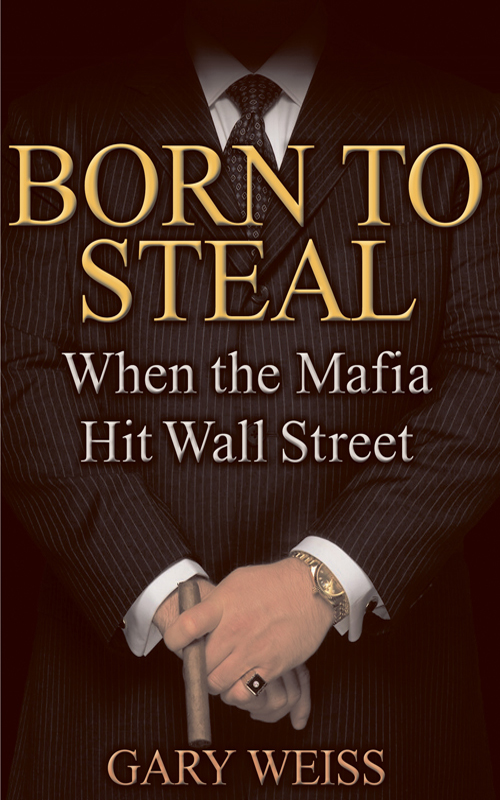Copyright 2003 by Gary Weiss
All rights reserved.
Warner Books, Inc.
Hachette Book Group
237 Park Avenue
New York, NY 10017
Visit our website at www.HachetteBookGroup.com.
First eBook Edition: May 2003
ISBN: 978-0-7595-2800-0
For Anthony and Amanda
Writing a book while holding a full-time job is a massive undertaking. It requires the same amount of back-breaking toil that was exhibited by Gary Cooper in Sergeant York, in the scenes in which he plowed fields at night to save up pennies for a piece of bottom land. Endless hours, lost sleep. Definitely not for me. My thanks go to Stephen B. Shepard, editor-in-chief of Business Week magazine, for sparing me that ordeal by generously providing me with the substantial leave of absence that I required to complete this book.
Louis Pasciuto was not a source for any of the articles that I wrote for Business Week on stock fraud and the Mobs push into Wall Street. Even so, this book is part of a continuum, if you will, that began with The Mob on Wall Street in December 1996, and continued in several other articles that appeared between 1996 and 2000. BW showed a special kind of courage in running those stories, particularly the first onewhich other media outlets, though in possession of the essential facts, wouldnt touch. My editors at the time, former senior editor Seymour Zucker and chief economist Bill Wolman, were gutsy advocates and supreme wordsmiths. Seymour is a journalist and mentor nonpareil, and in many respects those stories were as much his as they were mine. Kenneth M. Vittor, McGraw Hills general counsel, steered me from numerous possible legal pitfalls and proved many times that he is as fine an editor as he is a lawyer. Valuable assistance, for those articles and this book, came from Jamie Russell, head of Business Weeks Information Center, and her able staff.
I owe a special debt of gratitude to Jerry Capeci, the dean of New Yorks Mob journalists, for pointing Louis in my direction. Jerrys website, Ganglandnews.com, is the premier source of organized crime information on the Internet, and it proved immensely valuable in double-checking facts and for its treasure trove of Mob lore.
The staff of the North American Securities Administrators Association responded with forbearance to my endless requests for brokerage records. My thanks go to NASAAs executive director, Marc Beauchamp, and his colleagues Cheryl Besl, Jerry Munk, and Ashley Baker.
I also am indebted to Paul Schoeman, assistant U.S. Attorney for the Eastern District of New York, and his colleagues, for their courtesy and assistance.
Many persons whom I cannot name were crucial in verifying Louiss story. They include former chop house brokers and traders and lawyers and wiseguys, organized crime investigators and former regulators. They know who they are, and I hope they know I am grateful. I also cannot thank by namenot because of confidentiality, but because I dont know their namesthe cheerful and overworked staffs of the various record rooms of the federal and state courthouses in Manhattan, Brooklyn, Long Island, and New Jersey. Id have been unable to write this book were it not for their assistance in fetching, often from far-off archives, the voluminous files in their custody. One of the byproducts of stock fraud and organized crime prosecutions, including the vast majority of cases that do not go to trial, is a mountain of correspondence and bail applications and sentencing minutes and hearing transcripts. Such documentation was the principal source for substantial portions of this book, including the chapters describing the early career of Charles Ricottone, and provided substantiation throughout.
Dr. Susan Shapiro, a noted child psychologist, read drafts of the chapters concerning Louiss early life and made valuable comments. Erin Condit also read several draft chapters and offered many useful suggestions. At Business Week, Anthony Bianco and John Byrne were generous with their advice and support.
This book would not have seen the light of day were it not for the enthusiasm and advocacy of my agent, the estimable Morton L. Janklow. He and his colleague Luke Janklow patiently steered me through the labyrinthine process of bringing a book to life (which was a bit more complicated for this book, I suspect, than most others). They both went above and beyond the call of duty many times. My thanks also go to their colleagues Bennett Ashley and Richard Morris.
At Warner Books I had the rare good fortune to work with executive editor Rick Horgan, who shares the credit for virtually everything in this book that may seem more than slightly worthwhile. Copyeditor Dave Cole ably rescued me from myself on several occasions, as did Elizabeth A. McNamara of Davis Wright Tremaine, who gave the manuscript a painstaking but sympathetic legal review. Ricks assistant Katharine Rapkin provided valuable assistance as well.
My heartfelt thanks go to members of Louiss family, who were candid and courageous in sharing with me their recollectionsno matter how painful. I am grateful to Stefanie Pasciuto, Fran Pasciuto, Nicholas Pasciuto, Louiss sister Nicole, and Stefanies father and mother, referred to by the pseudonyms George and Barbara Donohue.
I also thank, of course, Louis Pasciuto. We spent many hours together, and they were not always easy. Time alone will determine whether the man who was born to steal has truly left his old life behind him. As of this writing, he certainly has. And I hope that his young son and daughter, when they read this book, will come to understand Louis and the era that he embodied, without losing the love and respect to which their father is entitled. This book is dedicated to them.
I first met Louis Pasciuto at a restaurant in New York City in December 1999. When I laid eyes on him, I felt like turning around and walking out.
Id been covering his world for the greater part of a decade. I thought I knew the names of every leading practitioner of stock fraud. I thought I knew the stock promoters, the chop houses, the rogue brokers, and the mobsters. I thought I was an expert. And Id never heard of Louis Pasciuto.
When Louis called me and we agreed to meet, I ran his name through the usual databases. Nothing. Nobody had ever written a word about him. His regulatory record was no more or less tarnished than most of his ilk. He was, it seemed, quite plain, a total nonentity. And when I got my first glimpse of him, slumped on a seat near the cashier, my fears were realized. He wore a leather jacket and was leafing nervously through a bodybuilding magazine. I thought he was a messenger or a waiter going off duty. He was obviously much too young to know anything or anybody of consequence.
When we shook hands, I noticed something that surprised me. He was nervous. People like him werent supposed to be nervous. He spoke softly, with a New York street accent so thick I sometimes had difficulty understanding him. But I had no trouble understanding the contents of the large manila envelope hed brought.
It was an indictment. His indictment. It was impressive.
Louis was not just another crooked broker whod been rounded up in the crackdown on rogue brokers and their Mob partners. Hed come of age in the Wall Street Mafia.
After talking to him for a while I realized he was different from the scam artists and wiseguys Id interviewed over the years. He realized what hed done. He didnt rationalize. He wasnt ashamed, and he wasnt sorry, but he was realistic. Hed been caught.
As I spent hours talking with Louis in that and future meetings, and many more hours checking out his story, my initial misgivings were replaced by a combination of awe and horror. He was as cold and merciless with himself, in telling the story of his own degraded life, as hed been in removing the life savings of hundreds of investors. He was a confirmed atheist, but before long I realized I was taking his confession.


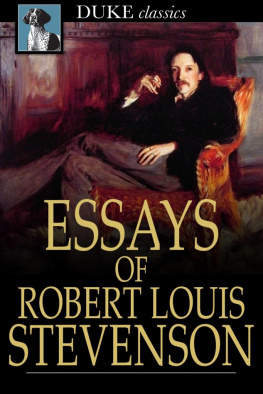
![Louis de Montfort - The Saint Louis de Montfort Collection [7 Books]](/uploads/posts/book/265822/thumbs/louis-de-montfort-the-saint-louis-de-montfort.jpg)

